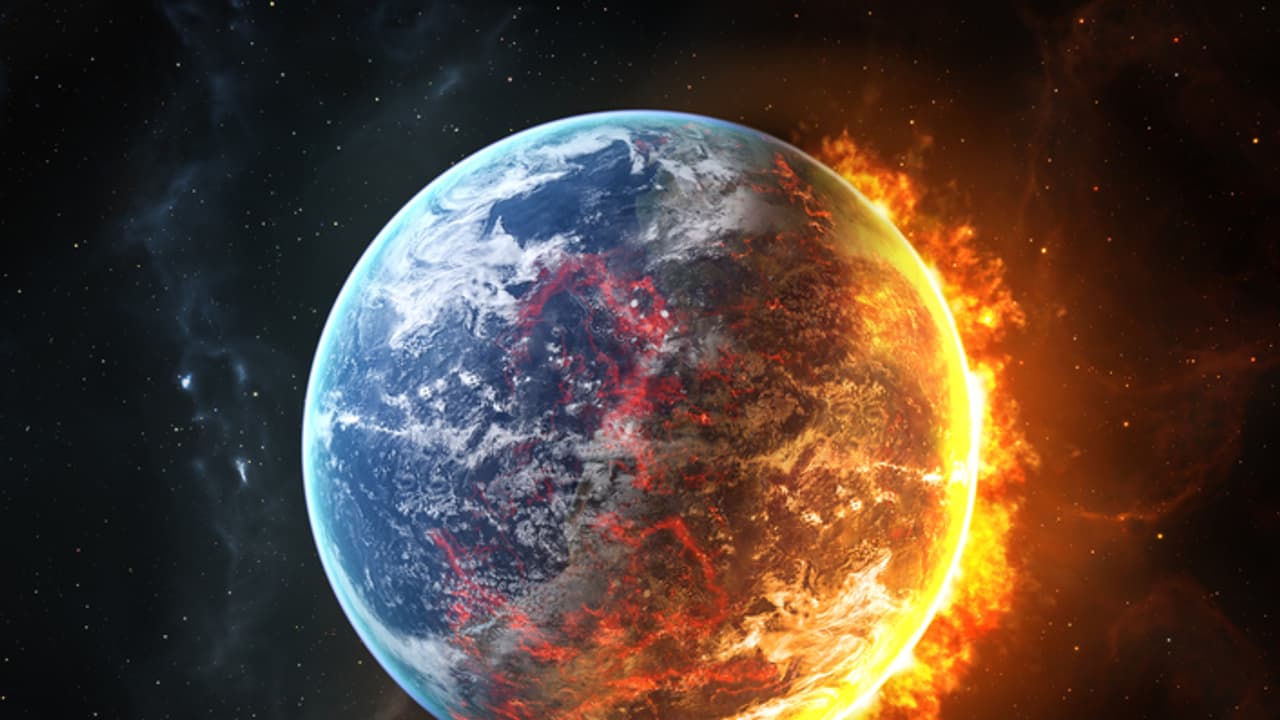A new BioScience report warns Earth is “hurtling toward climate chaos,” with 22 of 34 vital signs at record highs — from greenhouse gas levels to ocean heat — as scientists urge urgent action to avoid irreversible planetary damage.
A new global report paints a grim picture of the planet’s health, warning that climate change is accelerating faster than scientists feared. The sixth annual “State of the Climate” report, published in the journal BioScience by an international team led by Oregon State University, reveals that 22 of Earth’s 34 vital signs are now at record highs — clear evidence that the planet is “hurtling toward climate chaos.”
A Planet on the Brink
From rising global temperatures to record-breaking greenhouse gas levels, the report warns that the Earth is heading toward a “fundamentally different planet” with devastating consequences for humanity and natural systems.
Vital indicators such as CO₂, methane, and nitrous oxide emissions, fossil fuel consumption, and ocean heat content all reached unprecedented levels in 2025. Meanwhile, glaciers, sea ice, and biodiversity continue to decline rapidly.
“The last few years have seen vital signs breaking records by extraordinary margins,” said Johan Rockström, director of the Potsdam Institute for Climate Impact Research. “Climate change is now an unprecedented threat — time is running out.”
Disasters Becoming the New Normal
The authors highlight the mounting toll of climate-driven disasters: deadly floods in Texas and Pakistan, wildfires in Los Angeles, and record European heatwaves. 2024 was the hottest year in at least 125,000 years, and 2025 may surpass it.
The weakening of the Atlantic Meridional Overturning Circulation (AMOC) — a key ocean current regulating global climate — could bring freezing winters to Europe and North America if it slows beyond a tipping point.
The Path to Recovery
Despite the alarming trends, scientists insist it’s not too late to act. They call for urgent expansion of renewable energy, large-scale forest restoration, and a shift toward plant-based diets to reduce methane emissions.
“Humanity is in ecological overshoot,” said Christopher Wolf, co-lead author. “We’re consuming Earth’s resources faster than they can be replenished.”
Without immediate and coordinated action, experts warn that the accelerating climate crisis could soon become irreversible.
